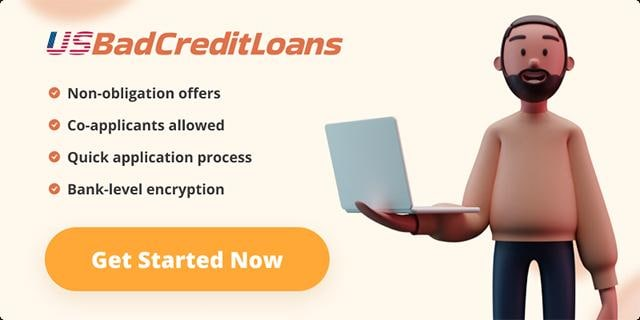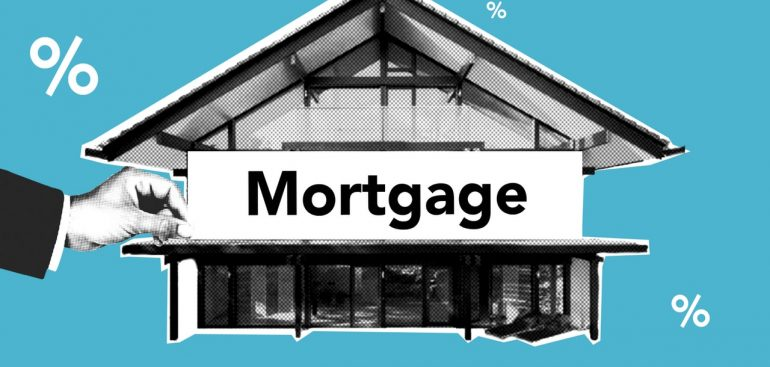Top 4 Question to Ask Your Mortgage Broker or Lender
Jan 28, 2024 By Susan Kelly
Although they both play essential parts in purchasing a house, the two are often confused and treated as if they were the same. Financial institutions are financial entities, like banks, that may directly lend monies. When applying for financing, you'll need to submit paperwork, complete an application, and present evidence of your income and any outstanding debts. Before committing to one, borrowers should compare multiple lenders' terms, including interest rates, APRs, and closing expenses. Having a mortgage broker mediate between you and the market's many lenders is a great option. Mortgage lenders, not mortgage brokers, make the final call on whether or not you are approved for a loan. Consider the following to save time and effort while shopping for the most suitable loan.
Top 4 Mortgage Broker Questions
How Much Can I Spend on a House?
Your mortgage qualification and the amount you can comfortably spend on a home should be well-understood before you start house hunting. Mortgage brokers and bankers should be consulted before real estate agents. The composition of essentials for a mortgage lets you know the maximum amount you can apply for and spend on a property. Getting pre-qualified for a mortgage can make you more competitive in the housing market and demonstrate your seriousness as a buyer. Another of the most crucial aspects of getting a mortgage is asking for a loan with a monthly payment that you can comfortably afford. Consider your financial situation and how much you can afford to put down before approaching a lender.
How should I borrow?
This is a vital question for mortgage providers to ask. Fixed-rate and adjustable-rate mortgages are the two main options. The interest on a loan with a fixed rate remains constant for the loan's entire duration, which could include 15, 30, and perhaps even 40 years. The monthly installments of a fixed-rate mortgage don't change throughout the loan term. A changeable mortgage can have a low initial interest rate but would eventually increase significantly if rates continued rising. As part of your mortgage interview, you should inquire about the maximum monthly payment amount that might be charged for this loan.
Which Loan Should I Get?
The two main types of mortgage loans are government-backed and conventional. A conventional loan is one that is not federally guaranteed or insured. VA loans and FHA loans are two examples of government-backed financing options. These loans are geared toward making house ownership accessible to more individuals. Thus, they have looser requirements for qualification and require little to no down payment. A VA home loan offers advantages over a conventional mortgage and may be available to you if you are a military member or veteran. A hefty down payment might make it difficult for eligible individuals to purchase a house. Still, a Loan modification or a Maintain application can help them realize their dream of homeownership.
Are you a broker or do you lend money directly?

This is an important question to ask if you want to know what a lending institution or lender can do for you. Your mortgage application will be "shopped" around to several lenders by your broker. A direct lender may handle your application from start to finish, but they may still distribute your loan somewhat on the secondary market after closing. Ask your mortgage broker any questions you have upfront so you can make an educated decision.
Conclusion
A mortgage broker acts as a middleman between homebuyers and lenders like banks and credit unions. Mortgage brokers often work with a group of lenders known as a "panel" and will evaluate your situation before making lending recommendations. To determine how they can best help you, a lending institution will ask you questions about your situation and requirements. However, it would help if you also asked them specific critical questions to ensure they are the right broker for you.









